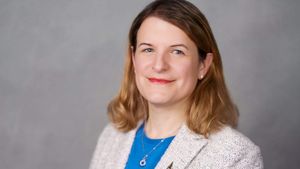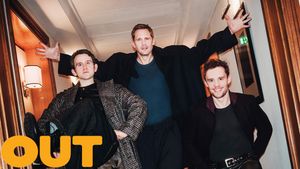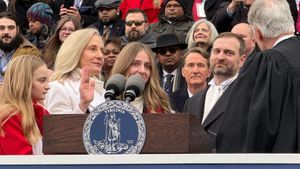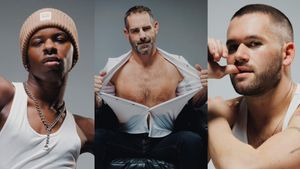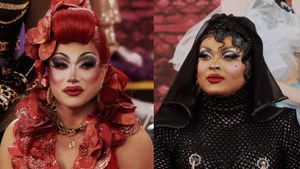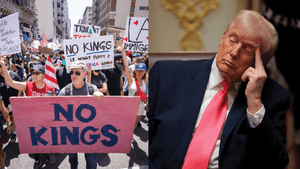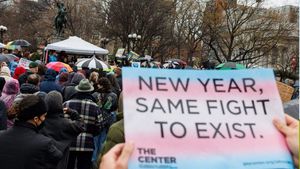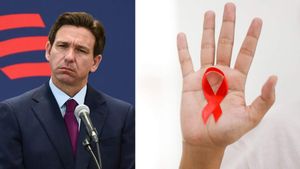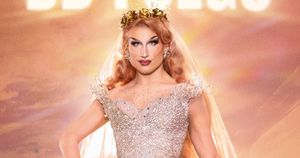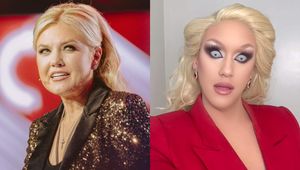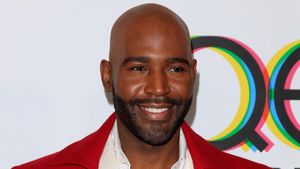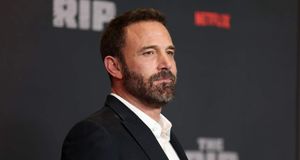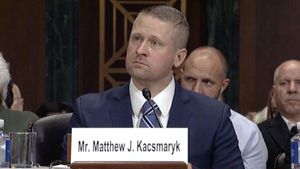Though it may still seem like a relatively new concept to many, the U=U movement has been evolving alongside the HIV epidemic for decades.
“Undetectable equals untransmittable,” more popularly known as U=U, is the globally-accepted scientific consensus that continues to change the lives of people living with HIV — and has also become one of our number one tools in the fight to eliminate the virus. It simply means that an HIV-positive person on treatment and who has undetectable levels of HIV in their body has a nearly zero percent chance of transmitting the virus to a sexual partner — even without the use of a condom.
Throughout the 1980s and early ’90s, during what is now referred to as the “AIDS era,” the medications available to treat HIV were largely ineffective and often toxic. Many diagnosed as HIV-positive at this time ultimately did not survive, and those who did typically suffered from debilitating drug side effects and other complications, not to mention PTSD (post-traumatic stress disorder) from losing so many friends and lovers over the years. It was a dark and difficult time, and one we still bear the scars of.
 A 1980s ACT UP protest in New York City by Andrew Holbrooke for Getty Images
A 1980s ACT UP protest in New York City by Andrew Holbrooke for Getty Images
Despite the fact that tens of thousands were dying from the virus, the government (primarily, the right-wing Reagan and Bush administrations) largely ignored the epidemic, most likely since it only seemed to affect queer communities. This lack of federal response would end up birthing a powerful rise in activism, with the formation of groups like ACT UP, which staged radical demonstrations and protests in order to bring national awareness to the issue of HIV and AIDS.
Then, in 1996, huge scientific advancements in HIV treatment changed everything. Antiretroviral treatment (ART) drugs were developed and proved to be highly effective in stopping the spread of HIV within the body. And researchers soon after discovered that, once on treatment, people living with HIV could reach undetectable levels of the virus.
Dr. Julio Montaner, a pioneering HIV physician and researcher, first introduced the concept of “Treatment as Prevention,” also known as TasP, in 2006. Montaner was one of the first experts to really focus on the idea that people being on treatment was a means to prevent transmission of HIV. The introduction of TasP marked the true beginnings of the U=U movement.
Over the next decade, continued research constantly reinforced the science behind this idea. In 2016, a group of HIV activists formed the Prevention Access Campaign and first coined the term U=U. The organization was formed with the priority of getting the message out about this game-changing concept.
“U=U is my calling,” Bruce Richman, a lawyer-turned-activist and founder of the Prevention Access Campaign, told Plus in 2020. “It grabbed me by the gut and yanked me forward. I’ve never felt such a compulsion and clarity. I knew that undetectable equals untransmittable, but millions of people were suffering because they were not being told, and people in positions of great influence to alleviate that suffering were sitting on their hands. I had no choice.”
 Bruce Richman (center) flanked by U=U advocates
Bruce Richman (center) flanked by U=U advocates
Richman also reflected on what first discovering U=U meant to him.
“I was depressed, suicidal at times, because I’d really internalized the stigma and felt toxic, dangerous,” he explained. However, in 2012, Richman discovered that when you are on treatment and your viral load is undetectable, it is impossible for you to transmit the virus to others. That’s when says he “started to see the possibility of love and real intimacy in my life without fear. It was like a new world.”
Today, over 1,000 partners in 105 countries officially support the U=U consensus, including the World Health Organization, the President’s Emergency Plan for AIDS Relief, Joint United Nations Program on HIV/AIDS, the U.S. Centers for Disease Control & Prevention, and the National Institutes of Health.
And the movement continues to grow. Plus magazine’s 2022 person of the Year, Deondre Moore, was instrumental in getting the White House to officially endorse U=U.
When Moore appeared on our cover in October, he explained how some public comments he made at the President’s Advisory Council on HIV/AIDS meeting in March 2022 would set the wheels into motion of bringing the message of U=U to the White House.
“Please recommend that the White House officially endorse U=U, so that the U.S. can join Canada, Vietnam, and other countries across the globe in choosing science over stigma,” said Moore at the PACHA meeting. “With your leadership and support, we can measure, optimize, and scale up the impact U=U has on improving the health, well-being, and emotional wellness of people living with HIV. This will also prevent new transmissions. Embracing U=U is a win-win.”
“The following week I was approached by the [White House’s] Office of National AIDS Policy to provide my written transcript [of my comments] to share with them,” Moore added. “Which is what sparked the beginning of conversations with HHS, Dr. Fauci, and the CDC to coordinate a collaborative effort with U=U to announce their support and plans to integrate U=U into programming and federal guidelines.”
Soon after, the White House announced its official endorsement of U=U — and the movement continues to be a powerful force in the fight against HIV and its stigma.

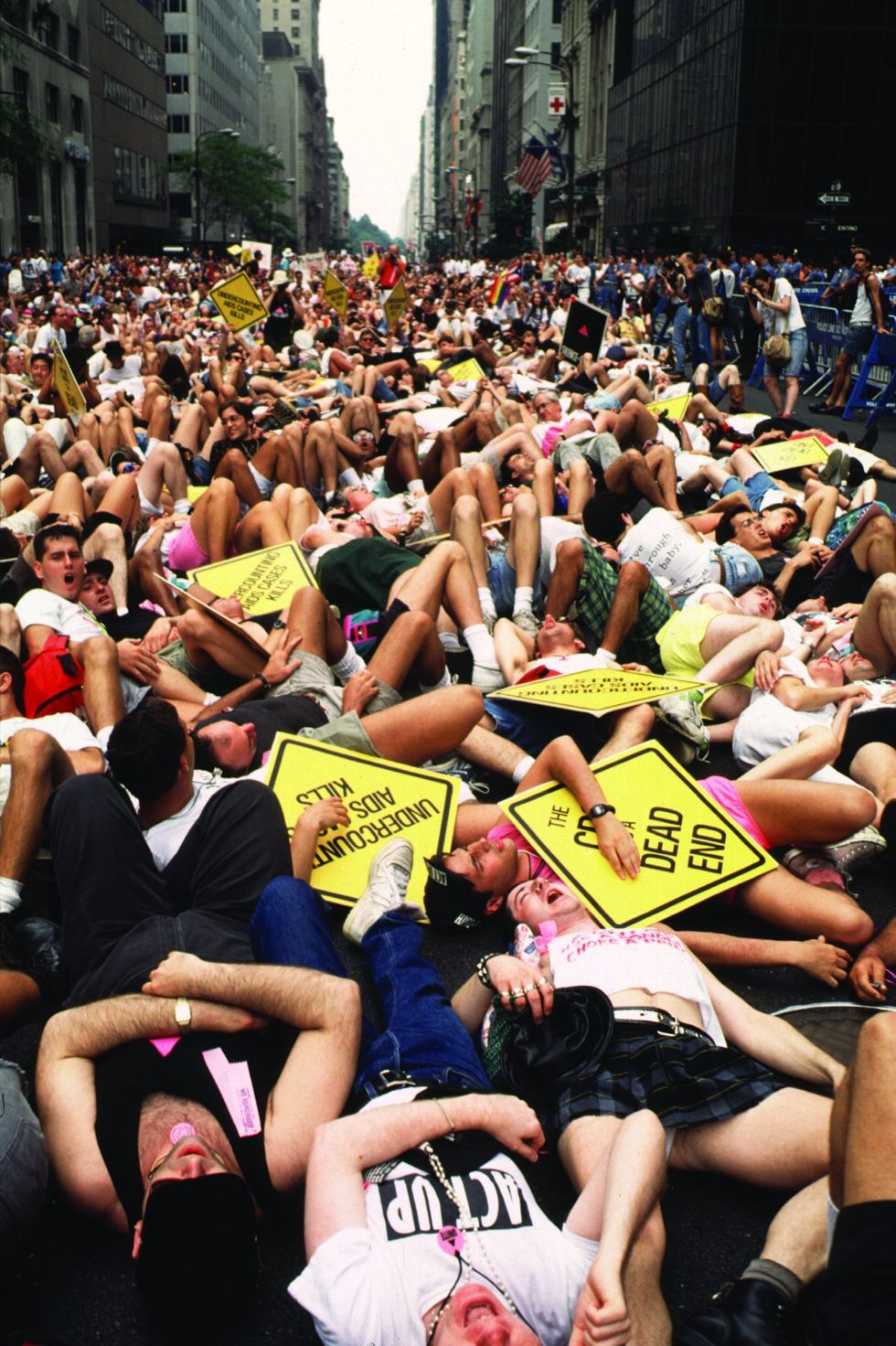 A 1980s ACT UP protest in New York City by Andrew Holbrooke for Getty Images
A 1980s ACT UP protest in New York City by Andrew Holbrooke for Getty Images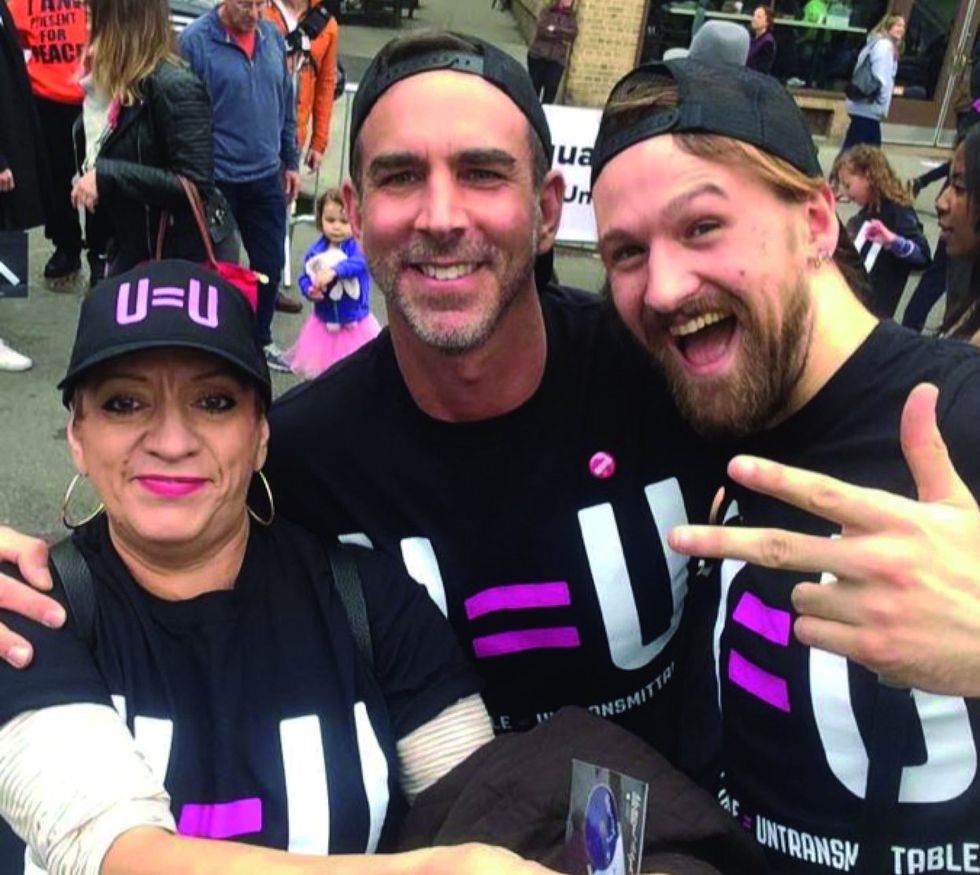 Bruce Richman (center) flanked by U=U advocates
Bruce Richman (center) flanked by U=U advocates


































